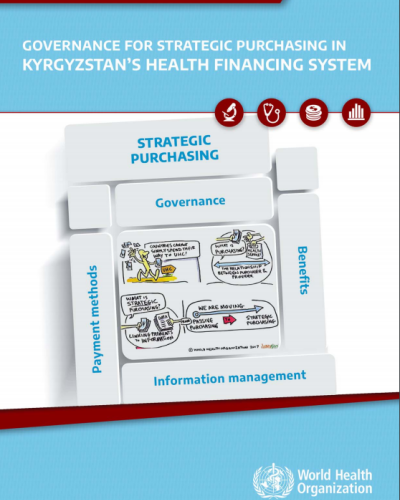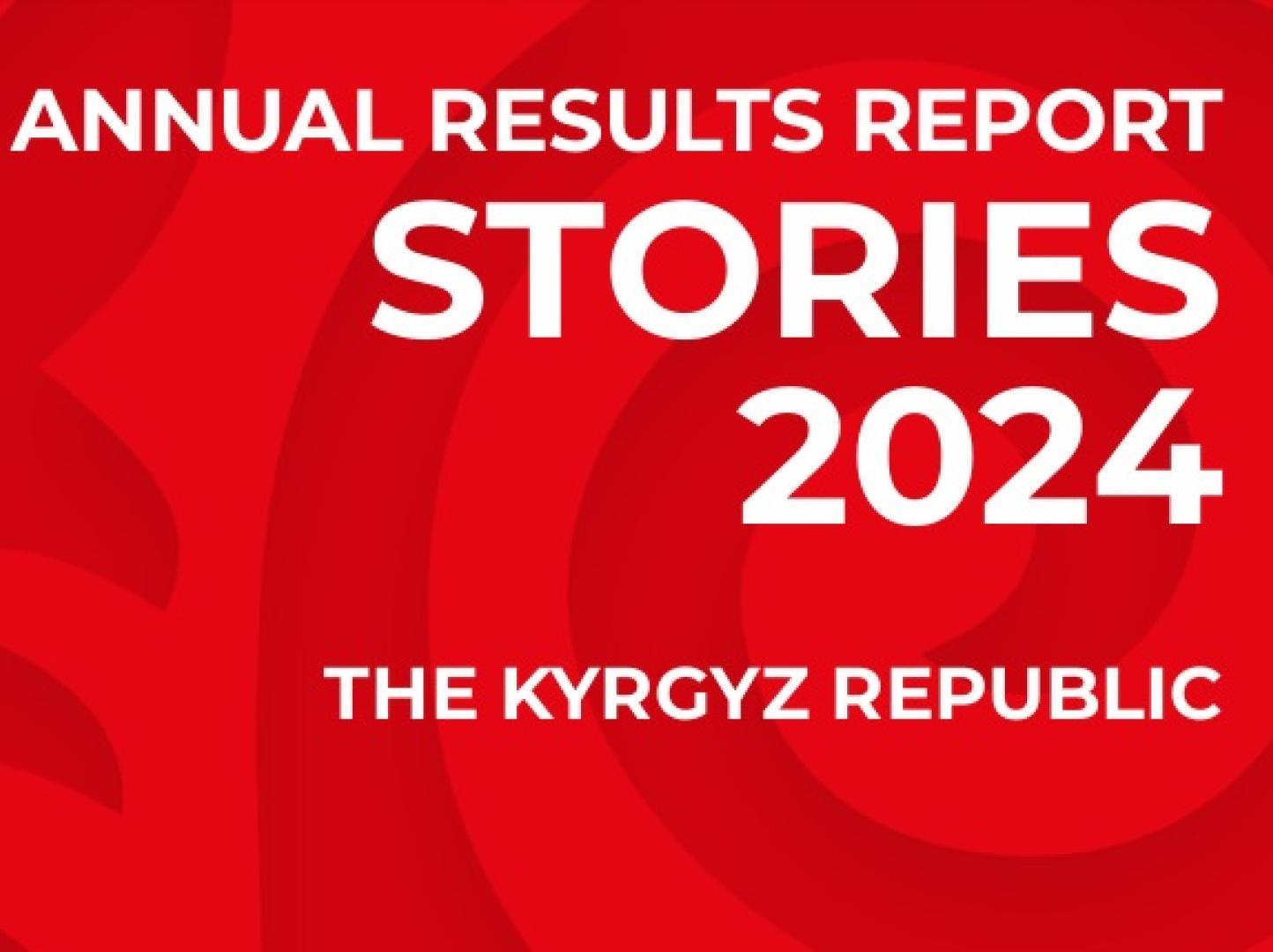Governance for Strategic Purchasing in Kyrgyzstan’s Health Financing System

Comprehensive health financing reforms over the period 1996-2006 created a single-payer health financing system in the Kyrgyz Republic.
This paper is part of a series of country case studies on governance for strategic purchasing, guided by a WHO analytical framework on assessing governance arrangements for strategic purchasing. The paper describes and assesses the governance arrangements in the single-payer system of the Kyrgyz Republic. Most public funding is pooled in the Mandatory Health Insurance Fund (MHIF), which introduced provider payment reform alongside a better-defined benefit package with explicit co-payments and exemptions for priority services and for vulnerable groups.
At the level of the overall health purchasing system, governance in Kyrgyzstan benefits from relatively comprehensive consolidation of public expenditure in a single pool, which potentially gives the MHIF strong leverage for strategic purchasing. With respect to the governance arrangements of the MHIF specifically, however,challenges remain, with issues relating to a clear division of authority, effective supervision and clear lines of accountability, appropriate budget allocations, and effective participation of stakeholders. The study provides recommendations on how governance arrangements at the level of the overall purchasing system and with respect to MHIF as the main purchaser can allow MHIF to organize its purchasing in a more strategic way.




